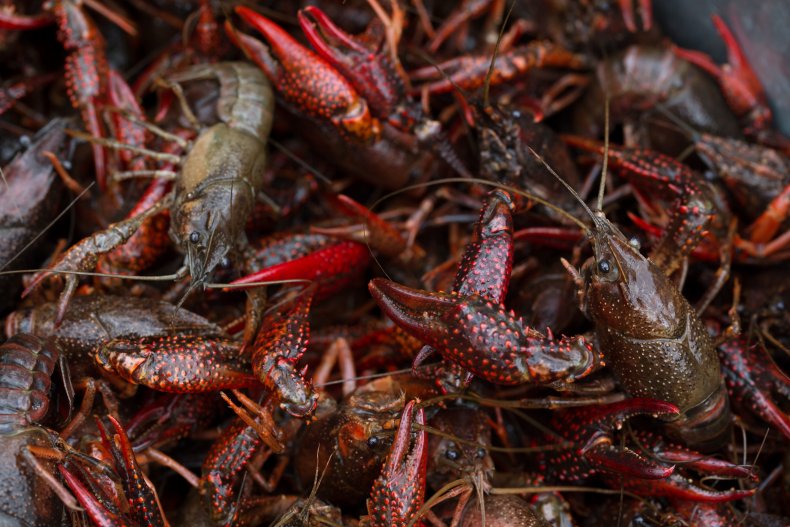8 Homes Searched in Connection to 'Highly Organized' Black Market Crayfish Ring
In the early morning hours of August 3, officers with New Zealand's Ministry for Primary Industries (MPI) searched eight homes in connection to an alleged black market crayfish ring. According to officials, the raids were part of a sixth-month investigation into the illegal activity.
In a press release Tuesday, MPI announced that fishery officers executed search warrants that allowed 80 officers to search eight homes owned by those believed to be involved in an East Coast black market crayfish ring.
MPI director of compliance services, Gary Orr, said in the statement: "We believe this was a highly organized black market ring which took in excess of 4,300 crayfish with a commercial value of over $300,000 from the Māhia area in Hawkes Bay over a seven-month period."
MPI officers believe the crayfish were then sold on the black market in Auckland and Kawerau, as well as other areas within the country.
"We hope today's development sends a strong message to others tempted by greed—that we will do everything within our powers under the Fisheries Act to protect the fishing resources owned by all New Zealanders," said Orr.
The investigation is ongoing.
In an NZ Herald article published in 2013, then-MPI director of compliance services, Darren Edwards, explained it is illegal for recreational fishers to "sell, offer to sell, or trade for other goods or barter fish that they have caught. Recreational fish is there as a personal entitlement."
"The main reason for this is to ensure that all commercial activity is captured at the point of extraction—the commercial fisher—and recorded into the quota management system," he told the publication.
The comments came after both members of a New Zealand couple were fined for illegally selling crayfish on Facebook.
According to MPI, selling and trading recreationally caught fish is illegal under the Fisheries Act of 1966. Breaking any of these rules can result in fines of up to $250,000 and forfeiture of any equipment or property used to break the rules. In some cases, however, extra punishment can be doled out in court.
In May, Newshub reported a man who pleaded guilty to selling nearly 100 crayfish between December 2018 and March 2019 was sentenced to over four months of home detention.
"The rules and regulations are there to protect our precious fishing resources for all New Zealanders," said MPI district team leader fisheries compliance Tyrone Robinson according to the outlet. "Poachers deplete the resource for everyone—our message to them is that we will continue to target and stop them."


